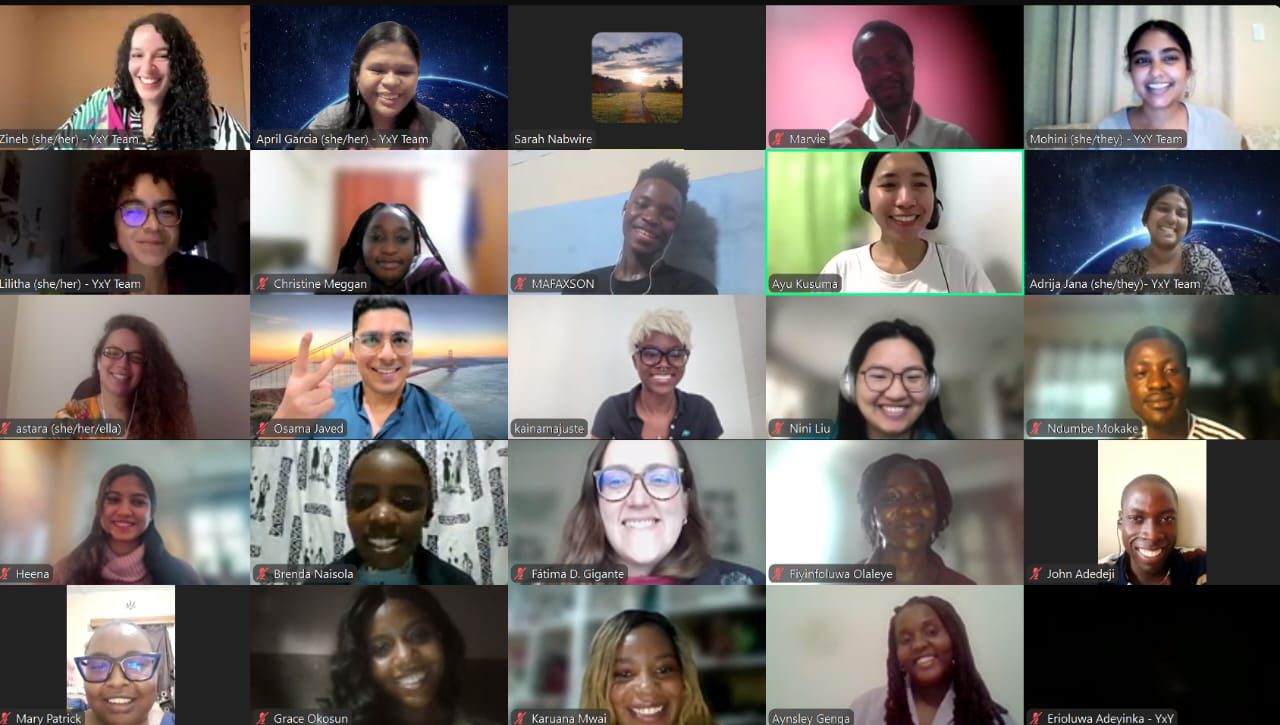Gender equality refers to the extent to which national culture supports the development and achievements of women. Gender equality is a human right, but there is a persistent gap in access to opportunities and decision-making power between women and men. Generally, women have fewer opportunities for economic participation than men and less access to basic and higher education. They are limited to nurturing children and doing house chores, which is commonly practiced by communities in Africa. As they say, the office of a woman is found in the kitchen. Women also face greater health and safety risks, and political disparity.
Guaranteeing the rights of women and providing them with opportunities to reach their full potential is crucial. This is not only for achieving gender equality but also for contributing to a wide range of the Sustainable Development Goals. Empowering women and girls contributes to the health and productivity of their families, communities, and countries, creating more opportunities that benefit everyone. This will significantly contribute to balancing gender equality. It ensures that women are empowered and have roles in decision making. Additionally, it addresses violence against women, which is often perpetuated by the perception of men being superior.
The word gender also describes the socially-constructed roles and responsibilities that societies consider appropriate for men and women. Gender equality means that men and women have equal power and equal opportunities for financial freedom, education, and personal development. Women's empowerment is a critical aspect of achieving gender equality. This is because women have been the most ignored, especially in African communities, because it is only believed that a woman's place is in the kitchen or home. Women empowerment includes increasing a woman's sense of self-worth, her decision-making power, her access to opportunities and resourcefulness, her power and control over her own life inside and outside the home, and her ability to effect change. However, gender issues do not solely concern women; they also involve the relationship between men and women in society. The actions and attitudes of men and boys play an essential role in achieving gender equality in not just African communities alone but the world.
Education is a key area of focus. Although the world is making progress in achieving gender parity in education, girls still make up a higher percentage of out-of-school children than boys. Approximately one quarter of girls in the developing world are school dropouts. Typically, families with limited means cannot afford costs such as school fees. Some girls are also forced to stop education due to early marriages, while breast mutilation poses a threat to other young females. Some additional factors contributing to school dropouts for girls and boys include limited access to school uniforms and supplies. Families may also rely on girls' labor for household chores; carrying water, and childcare, leaving limited time for schooling. Prioritizing girls' education provides perhaps the highest return on investment in the developing world. An educated girl is more likely to postpone marriage, raise a smaller family, have healthier children, and send her own children to school. She has more opportunities to earn an income and to participate in even political processes.
Gender Equality is very important. Let's stand united and fight for gender equality for our society, women, and our communities.

.webp)
%20(1).jpg)



Comments